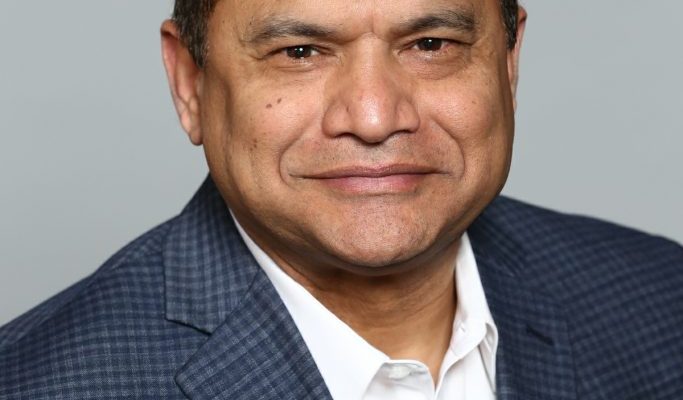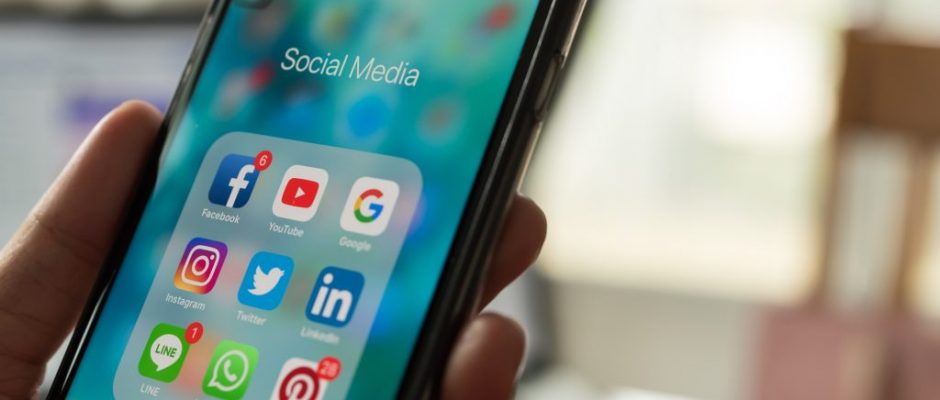Healthcare cyber-attacks now “a national security threat”
Search engine giant’s Google Threat Intelligence Group reports that cybercriminal and state-backed cyber-attacks on the healthcare sector in countries such as the US and UK have escalated to a level where they are actually costing lives.
“Healthcare’s share of posts on data leak sites has doubled over the past three years, even as the number of data leak sites tracked by Google Threat Intelligence Group has increased by nearly 50% year over year. The impact of these attacks means that they must be taken seriously as a national security threat, no matter the motivation of the actors behind it,” says Google.





